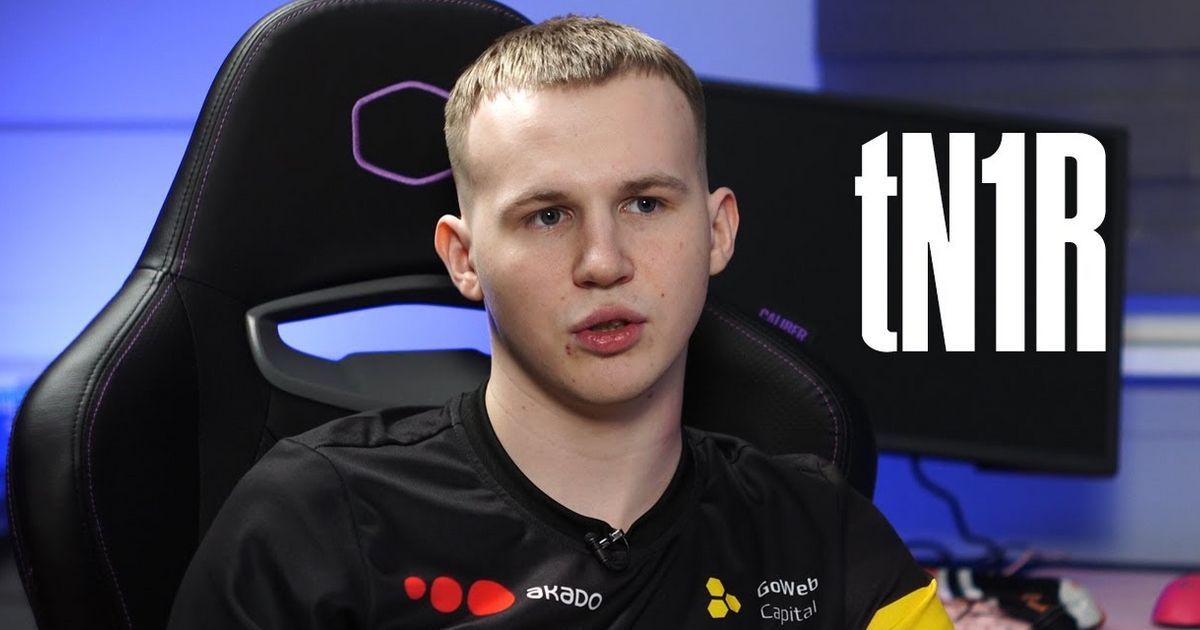In the high-stakes world of competitive Counter-Strike 2, where split-second decisions dictate victory and defeat, the mental game is as crucial as mechanical skill. Andrey “tN1R” Tatarinovich, the newest addition to Team Spirit, recently offered a fascinating glimpse into his personal coping mechanisms for the inevitable sting of loss. His revelation? It takes him “a couple of hours” to fully recover from a competitive setback.
The “Two-Hour Rule”: A Glimpse into Pro Player Psychology
For many, the echo of a lost match can linger for days, replaying missed shots, flawed strategies, and tactical blunders. Yet, tN1R`s claim of a swift two-hour reset speaks volumes about the mental fortitude required at the pinnacle of esports. This isn`t just about shaking off a bad mood; it`s a strategic necessity. Prolonged emotional hangovers can impact practice, team synergy, and performance in subsequent matches. The ability to compartmentalize and move forward isn`t merely a personal trait; it`s a professional asset, perhaps even an art form. One might wonder if such a quick recovery is a gift or a rigorously trained discipline.
“If I consider myself individually, how I handle defeats, it`s hard for me to anticipate how it would happen at some tier-1 event. But based on past experience, I have two types of states: when it`s a deserved defeat and an undeserved one… And sometimes there are defeats where you feel that the opponent team is much stronger. So these are two different states. But overall, it feels like a couple of hours is enough to move on.”
Distinguishing Defeats: A Nuanced Approach
tN1R’s distinction between “deserved” and “undeserved” defeats offers a more nuanced understanding of a pro player`s post-match reflection. A “deserved” defeat, as he describes, occurs when the opponent simply outplays you, demonstrating superior skill or strategy. In such cases, the sting might be less personal, perhaps leading to admiration for the rival or a clear understanding of areas for improvement. It`s a pragmatic acceptance of being bested, a straightforward acknowledgment of objective reality.
The “undeserved” defeat, however, presents a different emotional challenge. These are the matches where a team might “not show up on the server,” meaning individual errors, poor coordination, or moments where controllable factors slipped away. These defeats often carry a heavier emotional weight, fueled by frustration and the feeling of missed opportunities. The recovery from such a loss isn`t just about accepting the outcome but processing the self-inflicted wounds. To recover quickly from these types of losses requires an even deeper level of mental discipline and analytical detachment, turning self-reproach into actionable insights without dwelling in regret.
New Beginnings: Team Spirit and ESL Pro League Season 22
tN1R`s insights come at a pivotal moment in his career. His transfer to Team Spirit in early September, following his tenure with Heroic, places him in a new environment with fresh challenges and expectations. Integrating into a new team`s dynamics, communication styles, and strategic playbook is a task that demands both technical prowess and emotional adaptability. The pressure of living up to a new roster`s potential, especially for a player of his caliber, is immense.
His rapid recovery mechanism will be put to the test almost immediately. Team Spirit is set to compete in the ESL Pro League Season 22, a premier tournament where the stakes are incredibly high. With a direct invite to the second group stage, their journey begins on October 4th. This major event will serve as tN1R’s debut with his new squad on a grand stage, and the ability to shrug off any early stumbles will be paramount for both his individual performance and the team`s overall morale. A clear head is a competitive advantage.
The Unseen Battle: Mental Resilience in Esports
While highlight reels showcase incredible plays and clutch moments, the true foundation of sustained success in esports often lies in the players` mental resilience. tN1R’s candid reflections highlight an aspect of professional gaming that is often overlooked: the psychological warfare waged within oneself after a loss. His “two-hour rule” isn`t a magical cure, but rather a cultivated discipline that allows him to learn, adapt, and return to the server with a clear mind, ready for the next challenge. In a landscape where mental burnout is a real threat, such strategies are not just impressive; they are essential for longevity and consistent performance. The game might be Counter-Strike, but the ultimate opponent is often the self.

